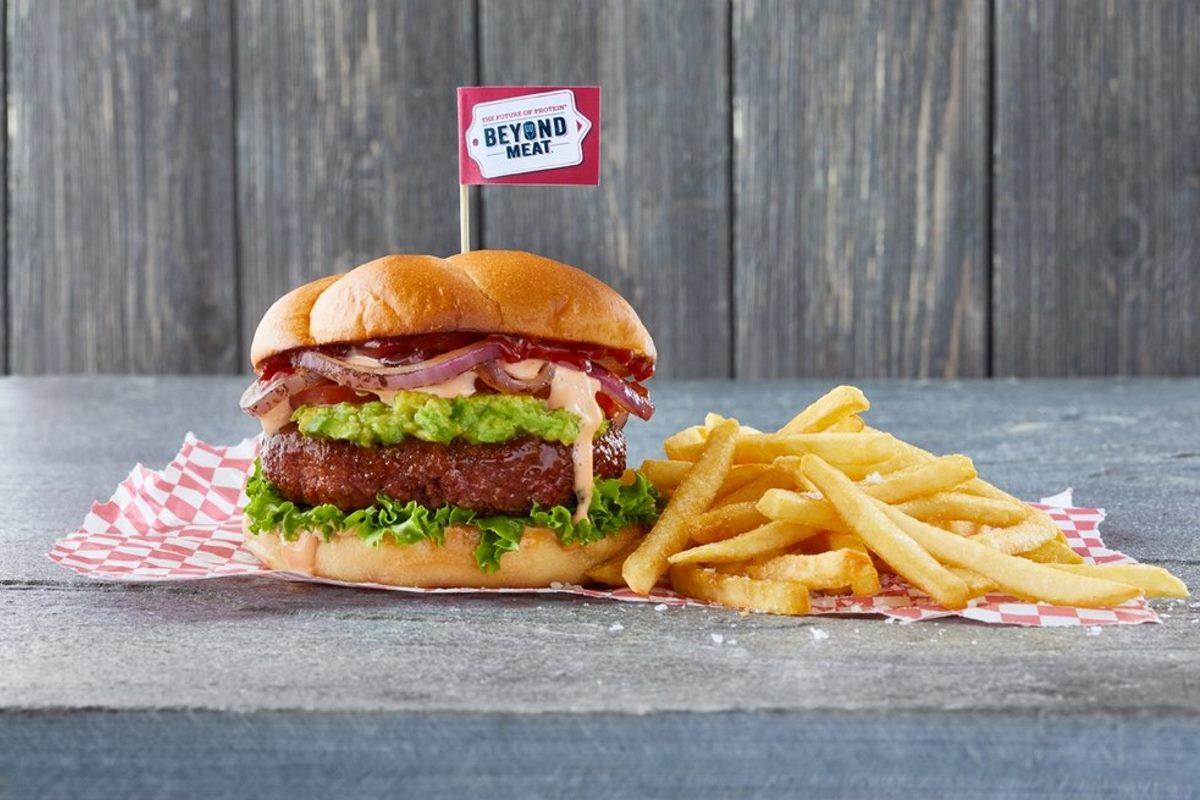Plant-based meat was expected to transform American diets, but sales are collapsing. Tradition, culture, cost, and politics keep real meat firmly in charge.

It once seemed like plant-based meat alternatives were destined to change the world. The promise was clear: millions of Americans would cut back on animal protein, choosing foods that were healthier for the planet and kinder to animals. Reality, however, has been less revolutionary.
After an initial wave of hype and glowing headlines, vegan burgers are struggling to win over the United States, a country where traditional meat still reigns supreme.
The collapse in sales
The numbers speak loudly. The plant-based meat sector has been through a bruising stretch. Companies such as Beyond Meat and Impossible Foods reported a 17% drop in sales of refrigerated products in 2025, on top of a 7% decline in 2024. That adds up to roughly 75 million fewer units sold compared with 2022.
Despite its noble mission of curbing meat consumption for environmental reasons, the category now makes up only 1% of the U.S. market. Meanwhile, traditional meat hasn’t just held its ground—it has staged a comeback, bolstered by influencers and political figures promoting it as a symbol of strength, health, and American pride. Even government initiatives, like the “Make America Healthy Again” program, have thrown their weight behind red meat, further fueling its cultural prestige.
A cultural battlefield
Ethan Brown, CEO of Beyond Meat, admitted with some candor: “It is not our time.” He pointed to the effectiveness of the meat industry, which, in his words, has done a
“masterful job convincing people there was something wrong with our products, that they were ultra-processed or something like that.”
The truth is, meat runs deep in American identity. It is tied to backyard barbecues, Sunday roasts, and Fourth of July cookouts. Environmental arguments, however pressing, have a hard time reshaping traditions so rooted in the culture.
There’s also the matter of economics. Plant-based products remain more expensive than their conventional counterparts and face competition from a flood of protein bars, drinks, and snacks—many of them equally ultra-processed but carrying less stigma.
In response, Beyond Meat has even dropped the word “Meat” from its brand name, trying to reposition itself with plant-based proteins that no longer mimic beef or chicken. Impossible Foods, on the other hand, is experimenting with hybrid solutions that combine animal and plant ingredients. Yet the uphill battle continues.
The missing environmental urgency
One would think the environmental case for eating less meat would carry weight, but in today’s America, climate concerns aren’t at the top of most grocery lists. Christopher Gardner, a nutrition scientist at Stanford University, put it bluntly:
“I’ve been trying for 30 years to convince people to eat less meat, but in the United States the numbers haven’t moved. I think consumers are confused. They appreciate what is familiar to them. Not everyone has to become vegetarian, but we will have to eat much less meat. At some point people will wake up and ask: ‘Where have the rainforests gone?’ We are reaching the point where we won’t have enough land or water to support the amount of meat we want to eat. I hope people finally get it. They have to get it. We are facing an existential moment.”
For now, though, burgers made from plants remain more of a curiosity than a revolution—a reminder that changing diets is not just a question of innovation, but of culture, politics, and habit.
Sources: The Guardian / VeganOk
